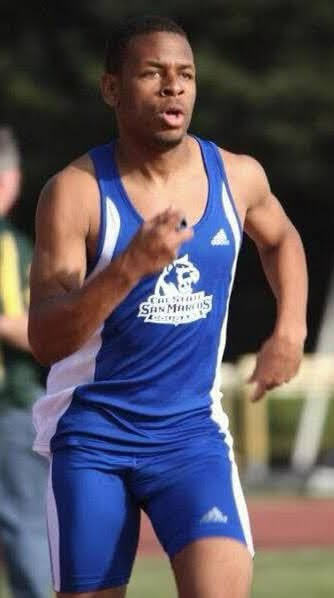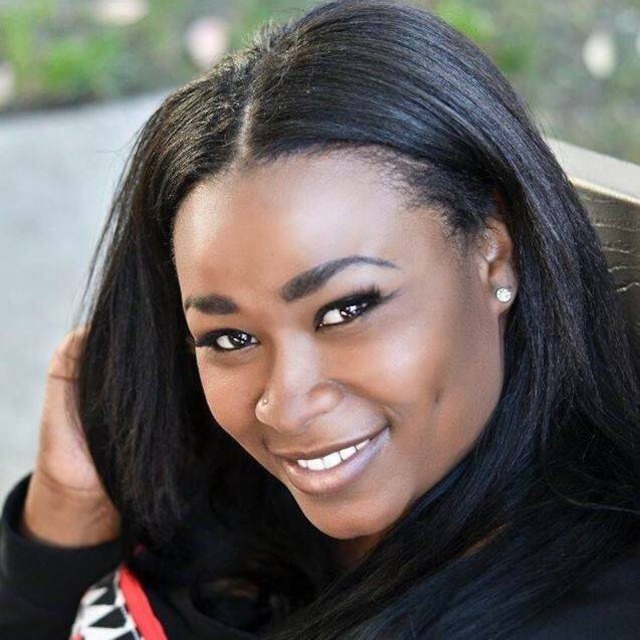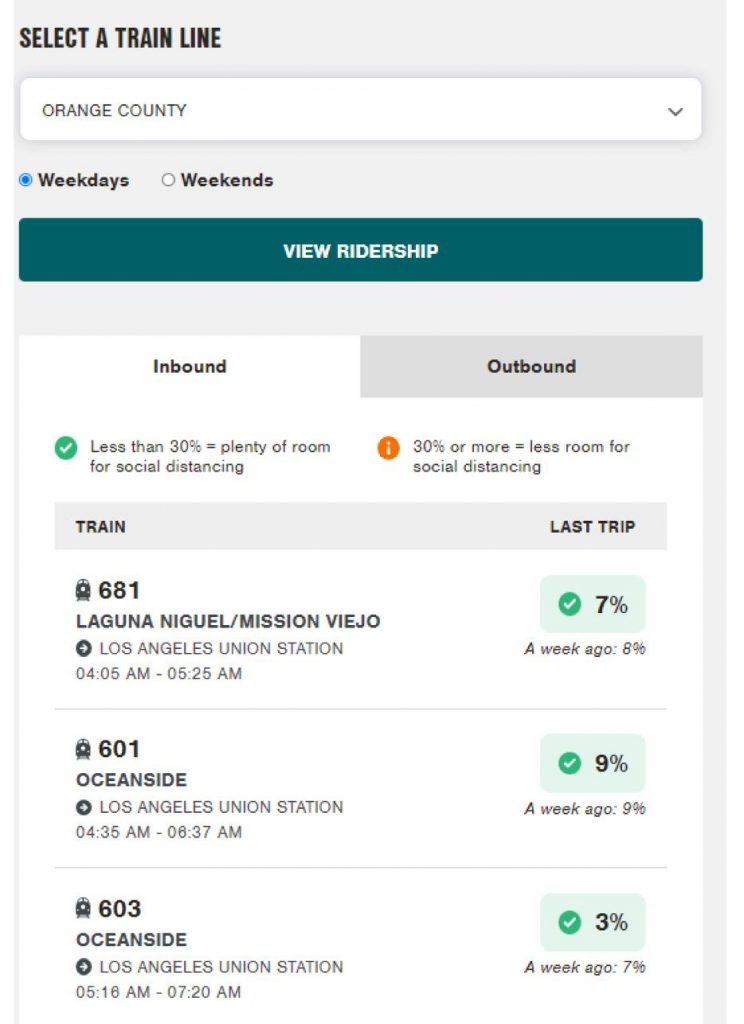Yusef Tahiru was an explorer. An adventurer. A traveler and collector of experiences who loved humankind and built a community everywhere he went.
He grabbed a passport, secured a visa, and lived overseas as soon as he was able — quietly but forcefully using his gifts to live out an enduring truth: the idea that few things match the power of creating and nurturing connections. He dreamt of setting foot on new worlds, but never left the roles that mean the most on this one: loving son, brother, cousin, friend, mentor, teacher, teammate, motivator, and confidant.

Yusef — son of Abdur and Evelyn Tahiru, brother of Zachari — departed this life on July 5, 2020 in Vietnam. Born in Bellflower, California on May 9, 1991, and raised in Corona, Yusef’s childhood was spent cultivating the deep curiosity and championship-level athleticism that brought him joy throughout his life. He could often be found riding his bike around the neighborhood or playing basketball and soccer with his brother and friends. He enjoyed taking things apart to see if he could put them together again — often with mixed results.
A voracious reader whose eyes were never far from the pages of a book, Yusef was a thinker whose thirst for knowledge and love for culture would never be contained. He could not resist good music, enjoyed anime and was fascinated by movies and television shows about science and animals.
He was a seeker of God who was raised in the church — attending Gospel Memorial Church of God in Christ in his early years and Greater Victory Church of God in Christ as an adult.
Yusef excelled in the classroom, graduating in 2009 from Santiago High School — where he ran track all four years and cemented his love of athletics, including soccer, which he began playing before he entered kindergarten. He continued his track and field career at Riverside Community College — where he ran the 800 meters and was a member of the 2010 state championship team. In 2011, Yusef transferred to Cal State San Marcos, joining the track team and choosing a major that combined his passion for athletics with his devotion to helping people. He described the decision in his senior project:
“Kinesiology is my passion and it has been since I began playing soccer at the tender young age of 4 years old. Sports have been a major part of my life ever since the second I touched the soccer ball and my interest in sports only expanded as I grew older to include football and most recently in my life track and field.”
Yusef graduated in 2015 with a degree in kinesiology and exercise science. After practicing as a physical therapist, he set out for Vietnam to become an English teacher and start seeing the world. Yusef excelled in every aspect of his life there: claiming first prize in 5K runs, leading teams to victory in soccer tournaments, and being named Teacher of the Year. He fulfilled his love for going fast — which many will remember from the passenger seat in his Mazda 3 — on the motorbike he loved to race through the streets of Ho Chi Minh City.
He accomplished so much on his own in 29 years, but Yusef had a talent for bringing people together. Everyone he encountered was drawn to his encouraging attitude, signature smile and incomparable laugh. He always had an empathetic ear ready to listen, a joke for those in need of a laugh, and wisdom to share with anyone who needed clarity and guidance. He inspired all who knew him — a man whose light shone brightest in the fulfillment he found in helping others. There is no higher calling in life, and no better way to live.
Yusef was preceded in death by his father, Abdur. He is survived by his mother, Evelyn, and brother, Zachari, Godparents Ida and George Martin Aunt Beverly, Uncle Sidney(Hazel),Uncle Myles and Uncle Byron(Regina) and a host of cousins, relatives and friends. A private funeral service will be held on July 22 at Greater Victory Church of God in Christ. In lieu of donations to the family, his survivors ask for seed contributions to a scholarship fund that has been established in his name. The Yusef Tahiru Scholarship Fund can be found at https://gf.me/u/yfw95h
 Westside Story Newspaper – Online The News of The Empire – Sharing the Quest for Excellence
Westside Story Newspaper – Online The News of The Empire – Sharing the Quest for Excellence

